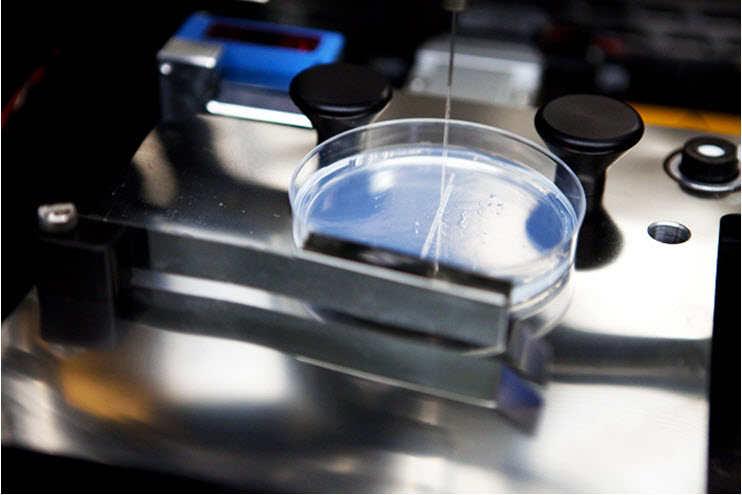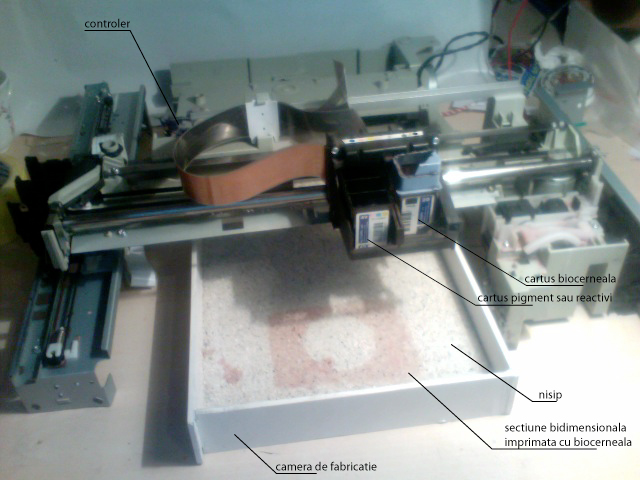Inkjet Bioprinting
Did you know that the office equipment of yesteryear has found a new lease of life in biotechnology laboratories?


Did you know that the office equipment of yesteryear has found a new lease of life in biotechnology laboratories? Inkjet printers are highly sought after for 3D printing human cells. A group of enterprising scientists from Clemson University have hacked an inkjet printer to print out human cells.
Bioprinting is a common laboratory process in creating tissue cultures of living cells (and therefore essential to creating artificial organs). The inkjet printer was modified to include a 3D stage (similar to those commonplace in todays domestic 3D printers) and the ink cartridges had their ink swapped for cell solution.
Older printheads are better (larger pores apparently) and through this process the scientists stumbled over something surprising. In one of those happy accidents that have always been a part of scientific discovery (pennicillin anyone?), the scientists discovered that the printing process slightly ruptured the cells' membranes as they were printed. This means they could introduce exotic elements to the cells such as foreign proteins.




Discussion